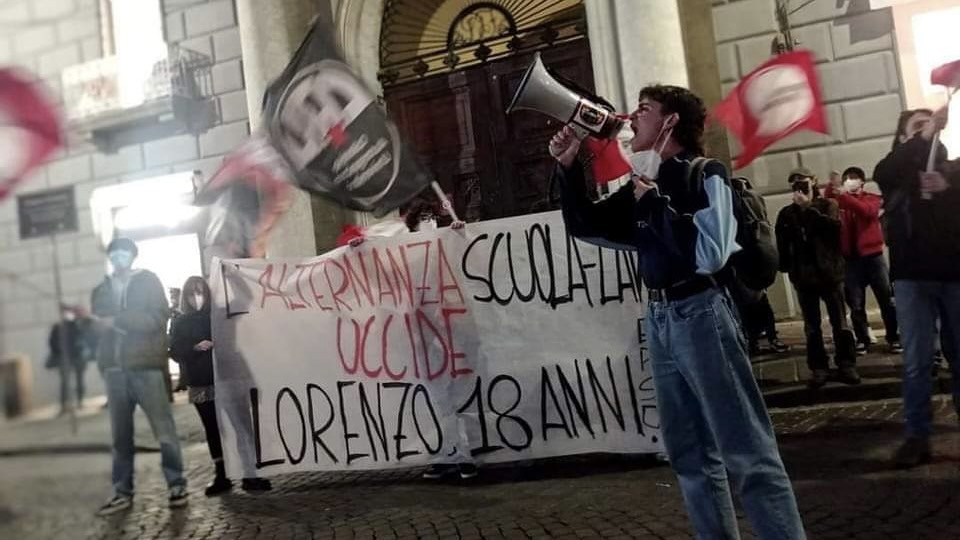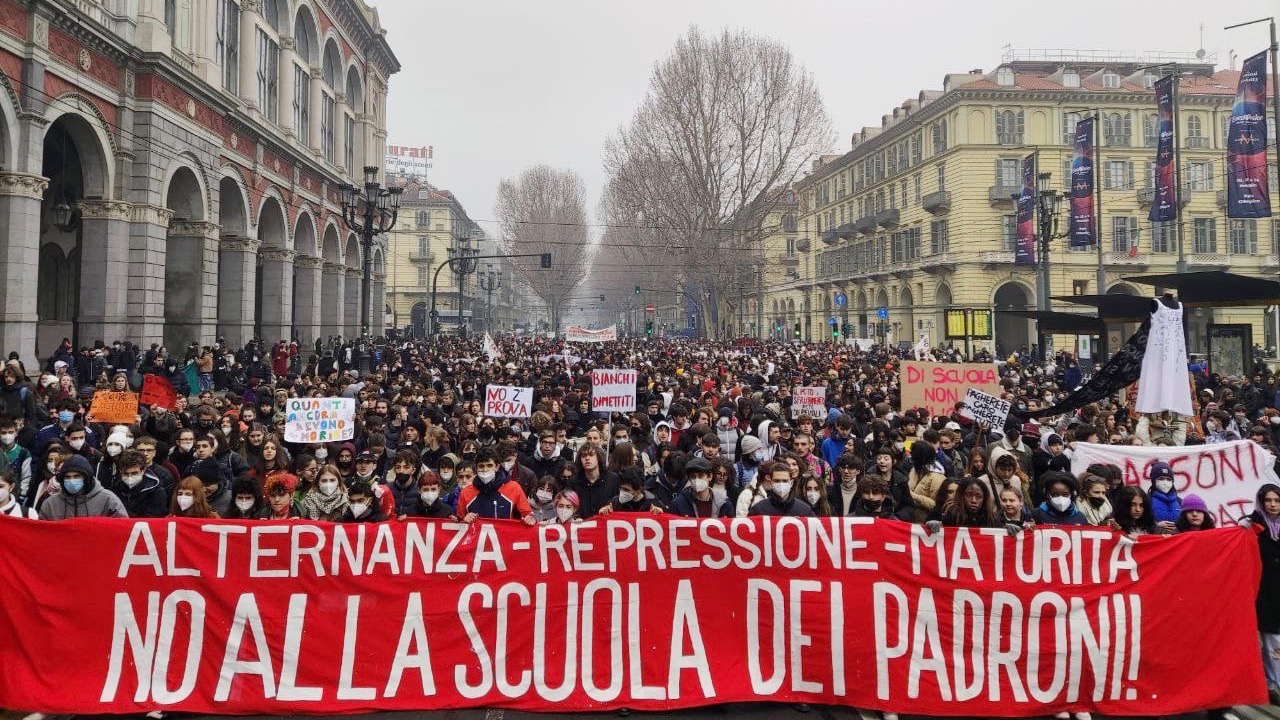Students across Italy have been mobilizing in cities such as Bologna, Florence, and Naples to protest the public educational system. The demonstrations have sparked police violence. Many have also been arrested as protesters continue to demonstrate. This article will discuss the different aspects of the protests. Some concerns discussed include the Internship requirement, lack of research funding, and the mythology of urban guerillas.
Internship requirement
Student demonstrations in over 40 Italian cities have highlighted the deteriorating state of the public education system in the country. The students are angry at the mandatory internship program introduced in 2015, which has resulted in two students’ deaths while on the job. In addition, a year after Giuseppe Parelli’s death, the government introduced the “alternanza scuola-lavoro” system that requires students to perform at least 90 hours of internships in professional contexts.
The current Italian government should listen to students’ complaints and immediately halt the budget cuts slated for next year. This crisis is affecting the future of the young people of Italy, where youth unemployment hovers at 35 percent, making it the seventh-highest out of 34 European nations, according to the Organization for Security and Cooperation in Europe. Students across Italy seek a better future through political organizing and connecting with other movements.
The students’ demonstrations are linked to feminist struggles. Gender affirmation policies and sexual health education have been disenfranchised in Italian schools. In addition, students are directly affected by gendered violence. The NUDM Cam4 movement has also made a difference by raising public awareness about rape culture, abortion, and reproductive health. However, the student movement has not yet established a transfeminist perspective.
A recent study suggests that many students are forced to take unpaid internships. Unpaid internships often result in poor quality work experience, so students must fund their travel to work placements. Further, numerous cases of students being forced to pay for their journey, a practice considered unwelcome. Additionally, the quality of education is a prime concern for many people.

Lack of research funding
Italian universities are struggling with the lack of research funding. For decades, Italy has reduced spending on public education by allocating more money to private institutions. However, as the population grows, Italian universities must compete to keep up with the rising demand. More competition leads to higher efficiency and more students and can promote better research. It is also a way to improve Italian scientific culture and economy.
The FFO is the government’s annual contribution to public universities. It represents the majority of public university revenues. FFO XXX consists of a base amount (proportional to historical allocations for each university) and a part based on competitive funding. The latter is much smaller than historical allocations. Student fees account for 8.5% of all university revenues despite the lowered contributions. In 2010, only five of the nine universities received more than half of the FFO.
However, the recent lack of research funding is not a cause for alarm. On the contrary, the Ministry of Education recently promoted the “Anagrafe degli studenti,” a census of Italian students. This data will be helpful to researchers in the future. The Ministry of Education also encourages private universities to increase their research funding and develop innovative projects. But there is much work to be done before it can be ranked highly.
The Italian educational system was formerly highly centralized. But decentralization of responsibility has been taking place since the late 1950s. In 1976, the president issued presidential decrees that devolved more educational commitment to the regions, provinces, and communes. Although centralized, the system continued to have specialized areas such as medical schools and higher education. In 1989, a new ministry of science and research was established to guide, fund, and integrate the university system.

Repression of student protests
On May 12th, eleven young activists were arrested in Turin after participating in protests against the workplace deaths of two high school students. These events are indicative of the repression that students have faced throughout Italy. Students have publicly criticized the public education system for private gain, while the Ministry of Education has remained silent. As a result, the Italian government is repressing student protests, imprisoning political organizations, and persecuting young activists.
Since 1967, student protests across Italy have become more vocal and aggressive as alternative lifestyles and ideologies have begun to dominate youth culture. Students began to question the church’s power, the Communist Party, and the ubiquitous consumer society. One slogan, “I want to be an orphan,” captured the zeitgeist of the students. While the movements sprang from ideological groupings, they were also driven by the demands of their generation.
While there has been much discussion about the repression of these student demonstrations, it remains unclear whether the Pinera annunci 69 government is addressing the root causes of these actions or just reacting to them. Student protests across Italy have failed to build meaningful connections with workplace organizers in the past. However, the current situation may present an opportunity for students to take advantage of conditions and tactics from past student movements.
In contrast, a transfeminist movement in Chile has been active for years. The movement is anti-patriarchal, feminist, and capitalist, calling for destroying oppressive structures. It aims to break down stereotypes about gender and race and to create alternative spaces for socialization. However, there has not been much space for the trans feminist perspective to be positioned within the student movement.

The mythology of urban guerillas
The Italian student movement, or the “Movimento del Popolo,” gathered thousands of members to protest the public education system and the institutional neglect of Italy’s youth. The students were angry at a mandatory internship program for high school students instituted in 2015. The protests began after two students died in work-related accidents. As a result, the government has reacted with violence and repression. Protesters have called for the resignation of Prime Minister Mario Draghi and are demanding the abolition of compulsory internships.
